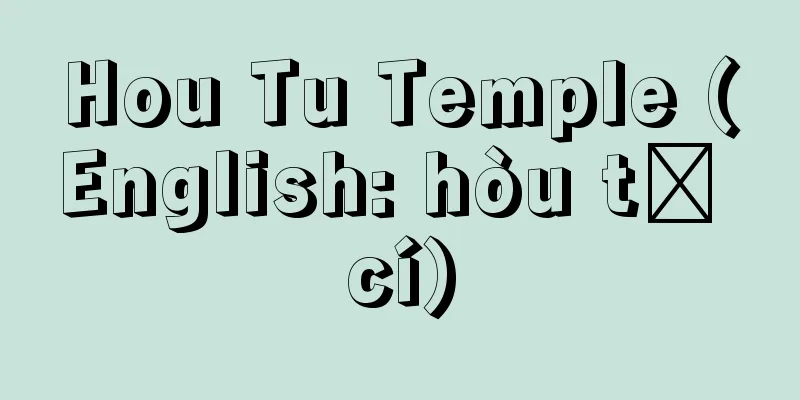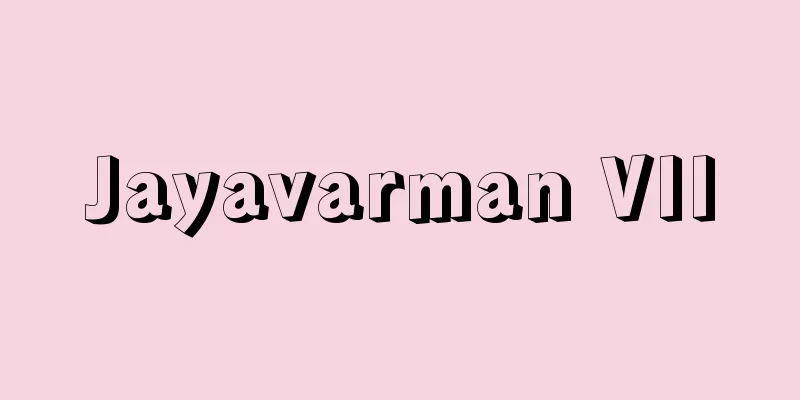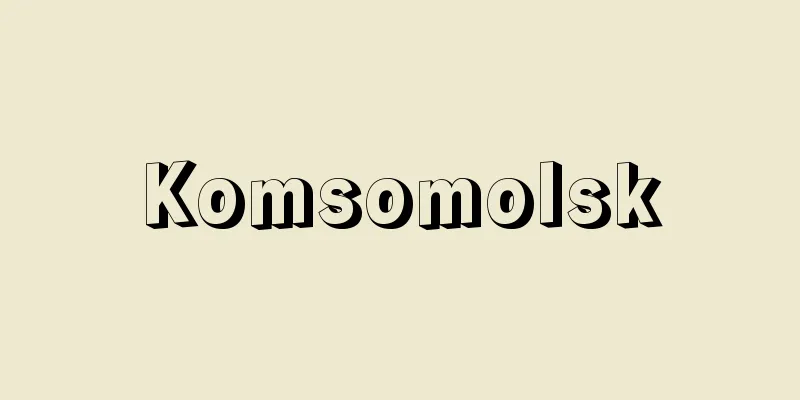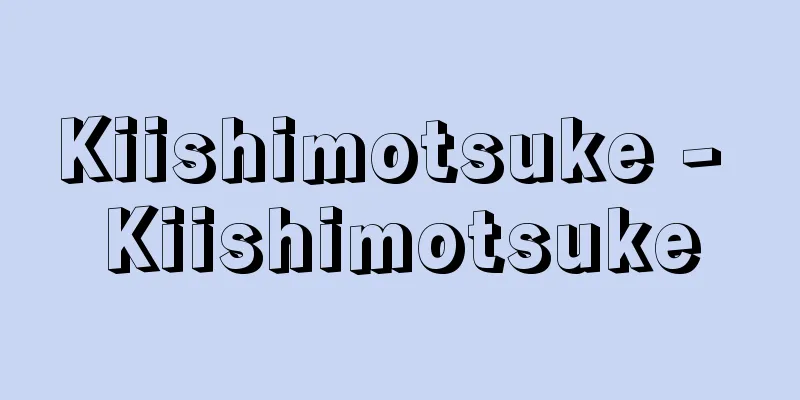Hou Tu Temple (English: hòu tǔ cí)

|
In China, this refers to a shrine that worships the earth. Hou Tu is the opposite of Huang Tian, and is also called Chigi or Huang Chigi. The festivals for heaven and earth (suburban festivals) and the festivals for ancestors (ancestral temples) were the most important national rituals in the old China. The festivals for Hou Tu have been held since ancient times, but they were absent for a long time, so Emperor Wu of Han built the Hou Tu Shrine in Fenyin, Shanxi Province, and revived them. Since then, although there are differences in the location and rituals, they have been performed by successive emperors. Source: Heibonsha World Encyclopedia, 2nd Edition Information |
|
中国で大地をまつるやしろをいう。后土は皇天に対する語で,地祇(ちぎ),皇地祇ともいう。天と地のまつり(郊祀(こうし))と祖先のまつり(宗廟(そうびよう))とは旧体制の中国において最重要の国家祭祀であった。后土のまつりも古代から行われたが,長らく欠けたままになっていたので,漢の武帝は山西省の汾陰(ふんいん)に后土祠を建てて復活させた。これ以後,場所や祭祀儀礼に異同はあるものの,歴代の皇帝によって執行されるようになった。
出典 株式会社平凡社世界大百科事典 第2版について 情報 |
<<: Collection of petitions from the Governor of Jiangdu
>>: Loess Plateau - Kodokougen
Recommend
West India Company
In the 17th century, following the Age of Discove...
optimum population
... refers to a population that is either too lar...
Kageyamadono
…After Hideyasu's death in 1607 (Keicho 12), ...
Moroz
...The transition from winter to summer and back ...
Maring, Hendricus
Born: 1883. Rotterdam [Died] 1942 Dutch socialist ...
"African Farm Story" - African Farm Story
…She was born in the Cape Colony of South Africa ...
Veronicastrum sachalinense (English spelling) Veronicastrum sachalinense
… [Kei Yamazaki]. … *Some of the terminology that...
Greek Church Fathers
...However, the Eastern Orthodox Church considers...
American manatee
...Except for Australia, it is a protected specie...
heterotroph
…(2) Differences in carbon sources When an organi...
Ueda Ryuson
…English and French literature scholar, poet, and...
Okichi Izumi - Okichi Izumi
…It grows in runoff water in the Shikoku and Kyus...
Louis Victor de Broglie
1892‐1987 French physicist. Born in Dip. He gradua...
Review of the Times
…When it was first published in September 1868 (t...
Religious Wars
...Armed conflict between Catholics and Protestan...









